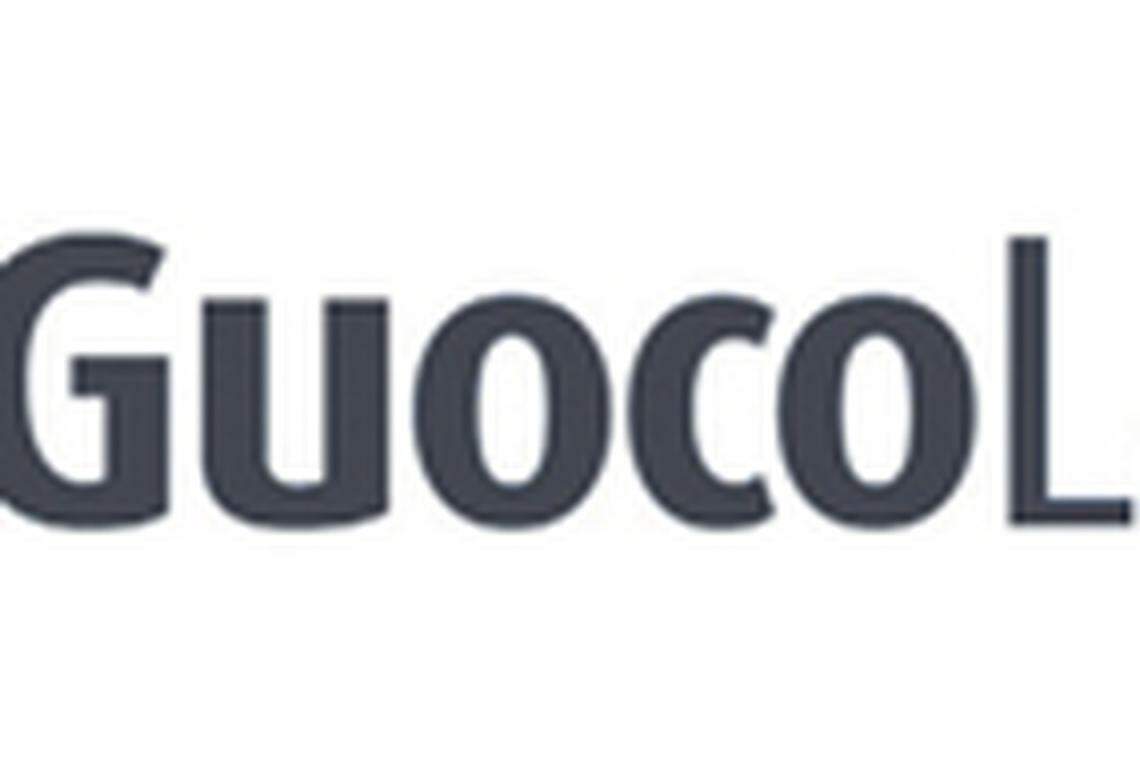China startups riding on new tech wave
Suspending disbelief is key to spotting investment opportunities, says GGV Capital's Jenny Lee.

THE JETSONS, a 1960s cartoon series, fantasised that humans would whizz around in flying cars in the year 2062. This bit of fiction could become a reality sooner than we think, reckons GGV Capital managing partner Jenny Lee.
In fact, GGV has made a "moonshot" bet on Chinese drone startup EHang to build "flying cars" - drones that can transport people, noted Ms Lee.
"We are angel investors, we came in early (at) pre-Series A about four years ago. Today, their (vehicle) is actually qualified for flight testing in China ... All you have to do is to key in where you want to go, say from Guangzhou to Shenzhen, (it) takes off. No pilot, just you sitting there," she said.
EHang is just one example of how the Chinese tech scene has evolved in the past decade to welcome a "new wave" of exciting technologies, shared Ms Lee, in the second edition of the Cutting Edge forum on Monday. Held at the Sofitel Singapore City Centre Hotel, the event saw a turnout of about 300 audience members.
Organised by The Straits Times and The Business Times in partnership with GuocoLand, Cutting Edge is a public interactive forum featuring thought leaders from a variety of fields. Launched in October last year, Cutting Edge talks are moderated by ST associate editor Vikram Khanna.
It's easy to be sceptical about this new crop of Chinese technologies that test the limits of our imagination. But part of being a good venture capitalist is in knowing how to "suspend disbelief", explained Ms Lee.
A previous instance when she had to do this was in assessing social media company YY Inc. "Their business model is about the virtual economy. If you sing well on the platform, the audience will give you virtual flowers, (which) translate into currencies, which you can exchange for money. Pretty radical right?" she highlighted.
While laymen would label the idea "nuts", GGV decided to investigate seriously: "We did due diligence meetings and calls at 2am in the morning at internet cafes, because it's not about us, but the population.
"And so we went down to internet cafes and interviewed gamers and did surveys (on) why they use YY ... Part of suspending disbelief is that you have to verify; go out to the market to survey actual customers," she said.
The groundwork and subsequent investment paid off; GGV exited its investment in YY in 2017 at a phenomenal 15 times return.
Part of what makes China's tech scene unique is the fighting spirit of its entrepreneurs, said Ms Lee, in response to a question from Mr Khanna about whether the rise of Chinese tech giants has created any anti-trust concerns.
Even with Alibaba and Tencent, many of the small guys are still looking to be the next big disruptor, keeping the landscape competitive. This is unlike the US, Ms Lee said.
"When you have a big company in a specific category, say Facebook, inherently the startups don't think about trying to replace, or displace Facebook any more. They focus on other sectors; it's a mindset issue," she said.
"Whereas in China, even though you have Tencent - it's pretty big ... yet you can have ByteDance, which says I'm going to displace Tencent. The mindset of Chinese entrepreneurs (is that) they are the underdogs; they always think they can," she said.
Perhaps inspired by the Chinese tech ecosystem, many South-east Asian tech players are now emerging, noted Ms Lee. In fact, the displacement of manual jobs by automation could drive more innovation here.
"Whether it's Thailand, Vietnam we actually see a new wave of innovation. We see the youngsters now learning from what they have seen in China ... Don't ever forget the power of the startup. If they cannot find a job in the factories, maybe they will be a Jack Ma," she said.
To ride on this, GGV has set up a new office here in Singapore. Ms Lee will be back here about once a quarter to help in securing deals in South-east Asia. Sectors of interest include fintech, social commerce and e-commerce.
Towards the end of the forum, Ms Lee emphasised the need to stay curious about disruptive forces in the world: "Why can't we have UAVs (Unmanned Aerial Vehicles) that fly in the air transporting humans? Why can't The Jetsons be a reality out there in the market?"
Brought to you by

BT is now on Telegram!
For daily updates on weekdays and specially selected content for the weekend. Subscribe to t.me/BizTimes
Singapore
Singapore ready to harvest economic opportunities in the Philippines: Vivian Balakrishnan
Singapore’s first RoboCluster launched for facilities management, to turn R&D into market solutions
Daily Debrief: What Happened Today (Apr 17)
An economy transformed: Lee Hsien Loong’s 20 years as Singapore’s Prime Minister
Singapore’s key exports on track for recovery despite March’s surprise 20.7% tumble: economists
Employers must process all flexi-work requests from Dec 1
